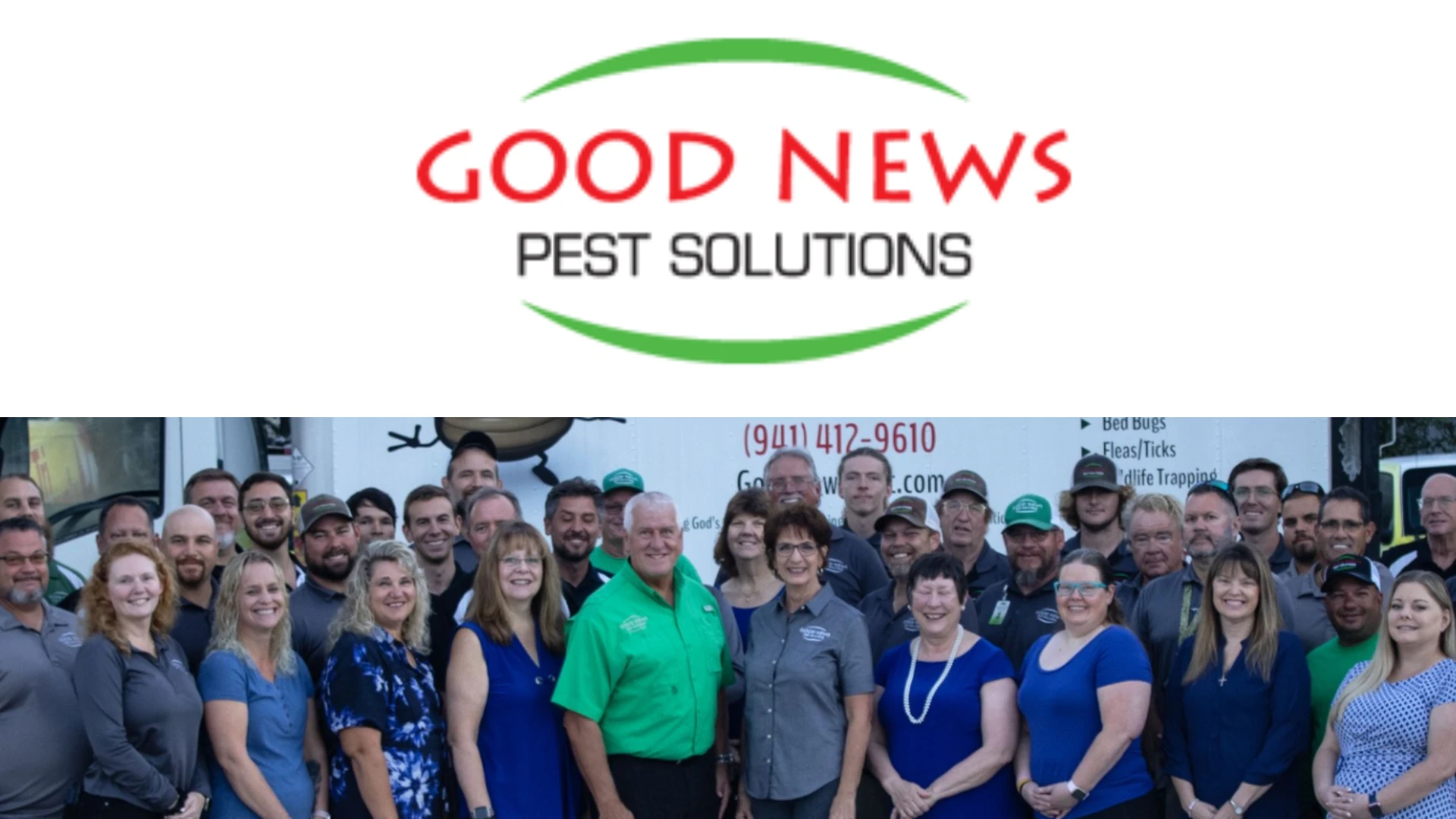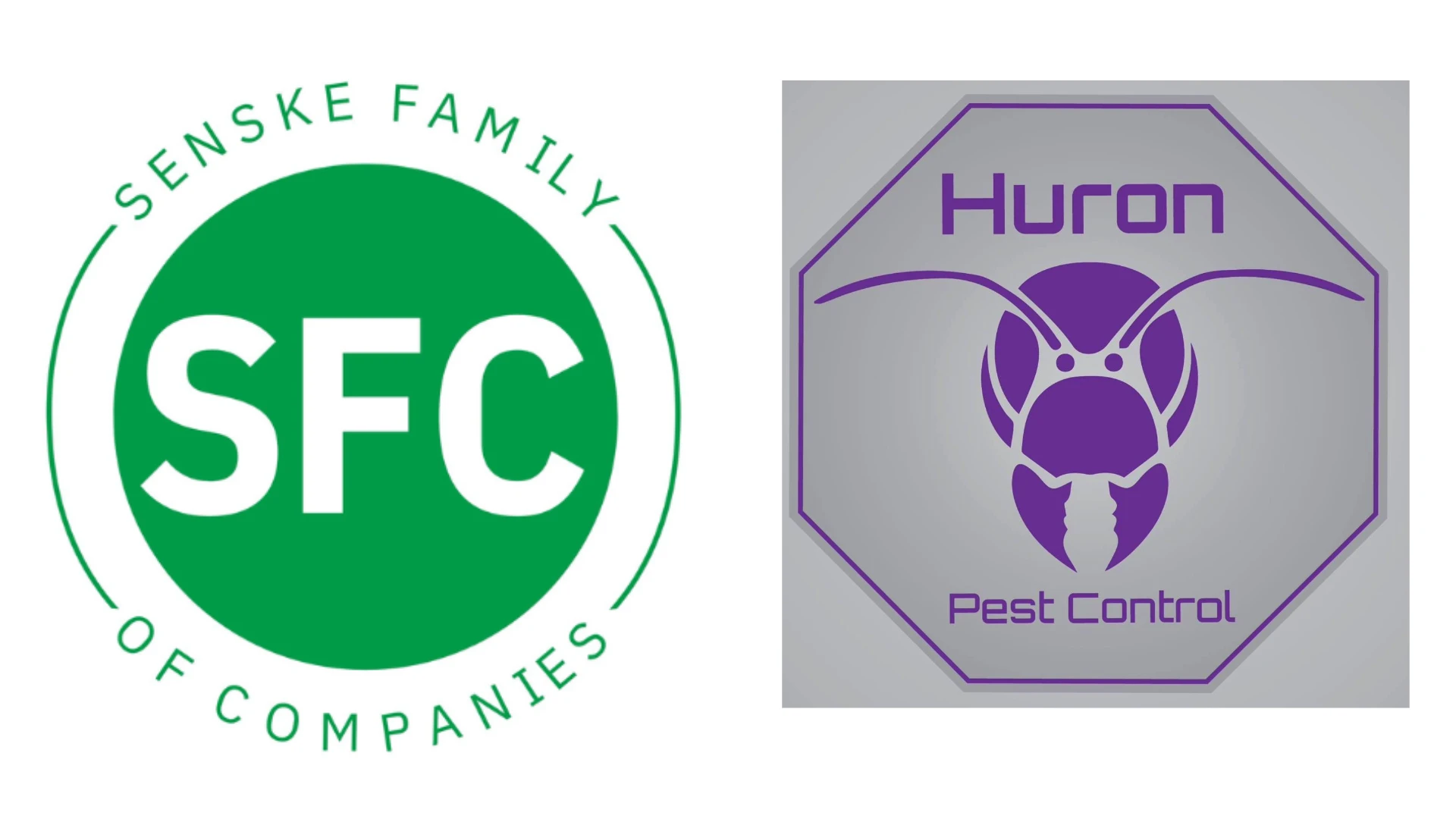As I mentioned last month, we have vastly underestimated the impact of regulation on ethics. There is a clear signal that if the industry and individual PCOs will not develop clear ethical goals and institute them in their company, then industry regulators will force PCOs to do so. As a result it is important that our industry, and individuals, take responsibility for the industry’s ethics, and that begins with discussing them openly.
TERMITE PRETREATS. The pretreatment area of termite control is a prime example of a topic that should be the focus of discussions on ethics. We complain about the ridiculously low prices some companies charge for pretreats. We can’t prove they are doing an inadequate job but we know they must be, because their prices are too low to ensure a good job is being done. These less-than-reputable PCOs are then uncovered by a media expose, a sting operation, or videotaping and documentation of inadequate treatments. As a result, the entire industry suffers.
State regulators have been moving to control that segment of our operation for years. And stricter regulations will govern pretreats in the future. There is nothing unethical about price competition, but performing inadequate treatments is unethical. This forces regulators to prove that the PCO has done an inadequate treatment, and more regulation ensues.
The most recent examples of regulatory efforts in termite control have been the PR notice from the EPA, and state requirements that demand written disclosure on treatments. This latter development is a direct result of too many cases involving unethical or illegal conduct and an abundance of claims against PCOs. Obviously this is a complicated issue. The regulatory agencies see their responsibility to inform the public, because the industry doesn’t seem to want to. They do this by requiring the PCO to tell the homeowner, after an inspection; when and what is going to be done, and how it will be done.
If the PCO is going to utilize a technique that is contrary to what the state considers a “full” treatment, such as a spot treatment, or adjusted volumes, then the reason for that must also be listed.
Furthermore, the state regulators want all this information to be put down in writing, and without all the disclaimers and caveats that are found on contracts. They want the customer to be informed and in agreement with the projected work.
But if the customer calls the state, he or she may get more than a statement regarding the regulation. He or she may get the agency’s “opinion,” which may not be part of the actual regulation. As a result, the consumer may become very confused, and in turn, will expect the PCO to answer a few very pointed questions.
PREVENTATIVE TREATMENTS. Another area where regulatory officials feel the industry’s ethics fall short is when treatments are performed despite the absence of an immediate problem. In other words the customer is “alarmed” into buying a service that may not be necessary. As of yet, there are no regulations within the scope of pesticide regulatory laws that govern this, but it is a big thorn in the regulators’ side.
The regulators have no concerns if the PCO excercises his or her own personal ethics and tells the customer that the treatment is strictly preventative. If all the facts are represented and the customer signs on the dotted line, then regulators are content. But they think it is unethical to represent or “oversell” a service for a problem that does not exist.
When confronted with this, the first reaction of the PCO is to tell the regulator it is none of their business. But perhaps we should honestly consider the question. Why not tell prospective customers the facts and let them decide?
There are a variety of factors that have brought us to our industry’s current ethical dilemmas. The industry has for years been the “authority,” and whatever PCOs said was taken as gospel by customers. But some members of our industry have used scare tactics and even fraud to generate business. In some areas we cannot be proud of our industry. There is also the tactic of badmouthing the competition — making subtle implications about other pest control companies that perhaps “what they use does not work.” This is both a form of dishonesty and a tactic we should not condone.
Sometimes, industry members have even stretched label indications, or made their own interpretations about what labels allow.
The controversy over termiticides and their ability to control termites has caused the industry to look more closely at its treatment techniques and training. We found we could not cut back on termiticide use and still execute adequate applications. Unfortunately, in many cases, the cost to customers of providing those treatments still have not increased proportionally.
AN OPEN DISCUSSION. A first step in this direction is discussing these issues openly, although currently they are not. Ethical topics should be on every meeting agenda. How can we get to the root of these ethical questions if we do not discuss them? I would issue all the technicians and sales people in the company an “ethical mirror.” Then ask them to look themselves in the mirror after a sale or a treatment and honestly answer the question: Did I do the right thing? The industry must police itself or be prepared to suffer the consequences.
PCT contributing editor George Rambo is president of George Rambo Consulting Services, 1004 Van Buren St., Herndon VA 22070, 703/709-6364.
WANT MORE?
Enter your email to receive our newsletters.

Explore the July 1997 Issue
Check out more from this issue and find your next story to read.
Latest from Pest Control Technology
- Webinar: Employee Incentives — Going Beyond the Annual Raise
- Pest Control Companies Helping Neighbors in Need Eradicate Bed Bugs
- Why Does Marketing Feel So Opaque?
- How Did This Pest Get Its Name?
- Rose Pest Solutions Honors Top Performers with Annual Chief’s Club Awards
- Doug Foster on Termite Control Equipment, Resources
- Pest Control Consultants Acquires EcoGuard Pest Control
- Pest Index Increased 9 Percent YOY in February








